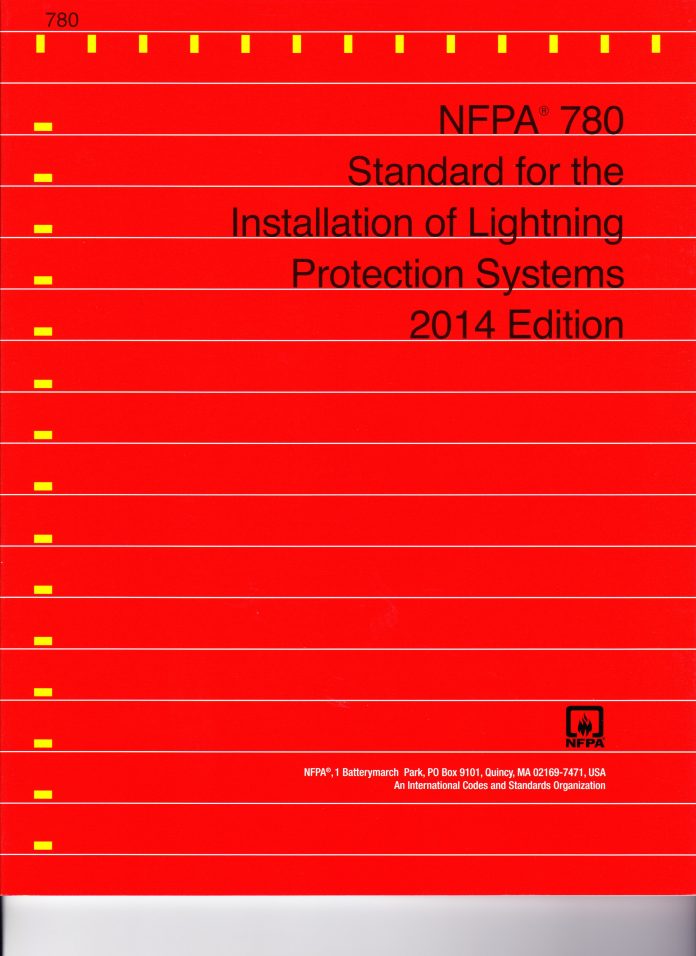The Florida Building Code is contemplating a change in this cycle to require all structures to have a NFPA 780 system to be installed on all new construction, which the president of National Lightning Prevention Corp. says will cause the state’s construction industry “a lot of time and energy if passed.”
“Some structures are impossible to protect using this standard,” Bob Rapp said.
NFPA 780 provides lightning protection system installation requirements to safeguard people and property from fire risk and related hazards associated with lightning exposure, the National Fire Protection Association (NFPA) says.
Rapp asserts that “the NFPA 890 document is questionable at best,” writing:
NFPA Standards Council appointed a past Standards Council President to a study, The Bryan Report. From that study the following comments were developed:
“The 780 document should be reformulated as a Guide or Recommended Practice. It appears to the panel the 780 document does not meet the NFPA criteria for a standard since the recommended lightning protection system has never been scientifically or technically validated and the Franklin rod air terminals have not been validated in field tests under thunderstorm conditions.
The NFPA criteria for a standard as stated in the NFPA 99 Directory is as follows:
Standard — A document, the main text of which contains only mandatory provisions using the word “shall” to indicate requirements and which is in a form generally suited for mandatory reference by another standard or code or for adoption into law.
Non-mandatory provisions shall be located in an appendix, footnote, or fine print note and are not to be considered as part of the requirements of the standard.
It appeared to the panel the 780 document is currently not suitable for mandatory reference by another standard or code or for adoption into law. The current NFPA 780 document appears to have been recognized by historical precedent rather than by experimental and scientific validation.”
In his note, Rapp says the “last chance to stop this” will be at a Florida Building Commission Technical Advisory Committee meeting in June.








What was the outcome of the meeting in June?